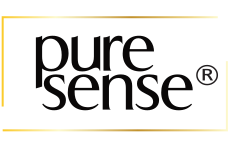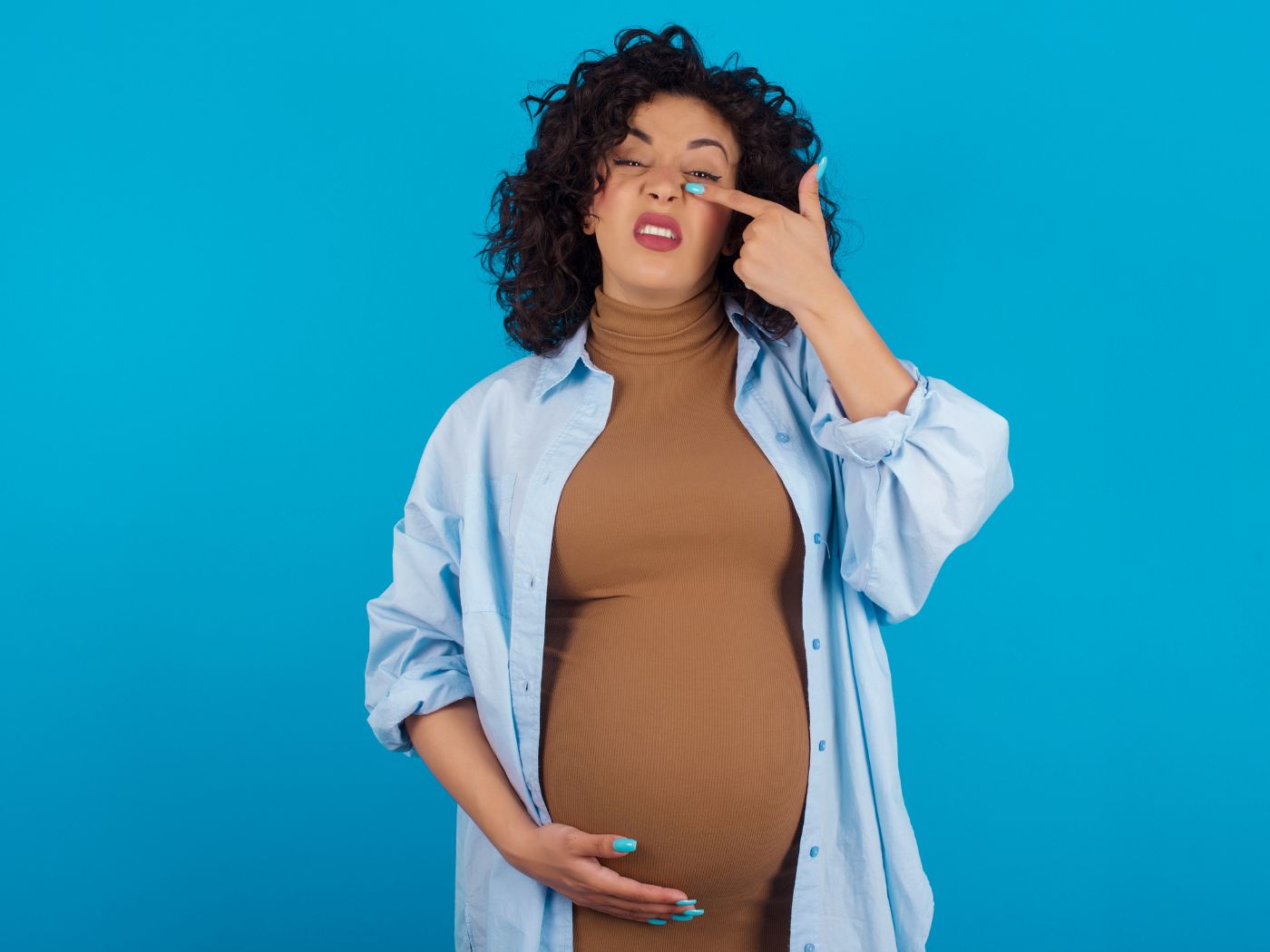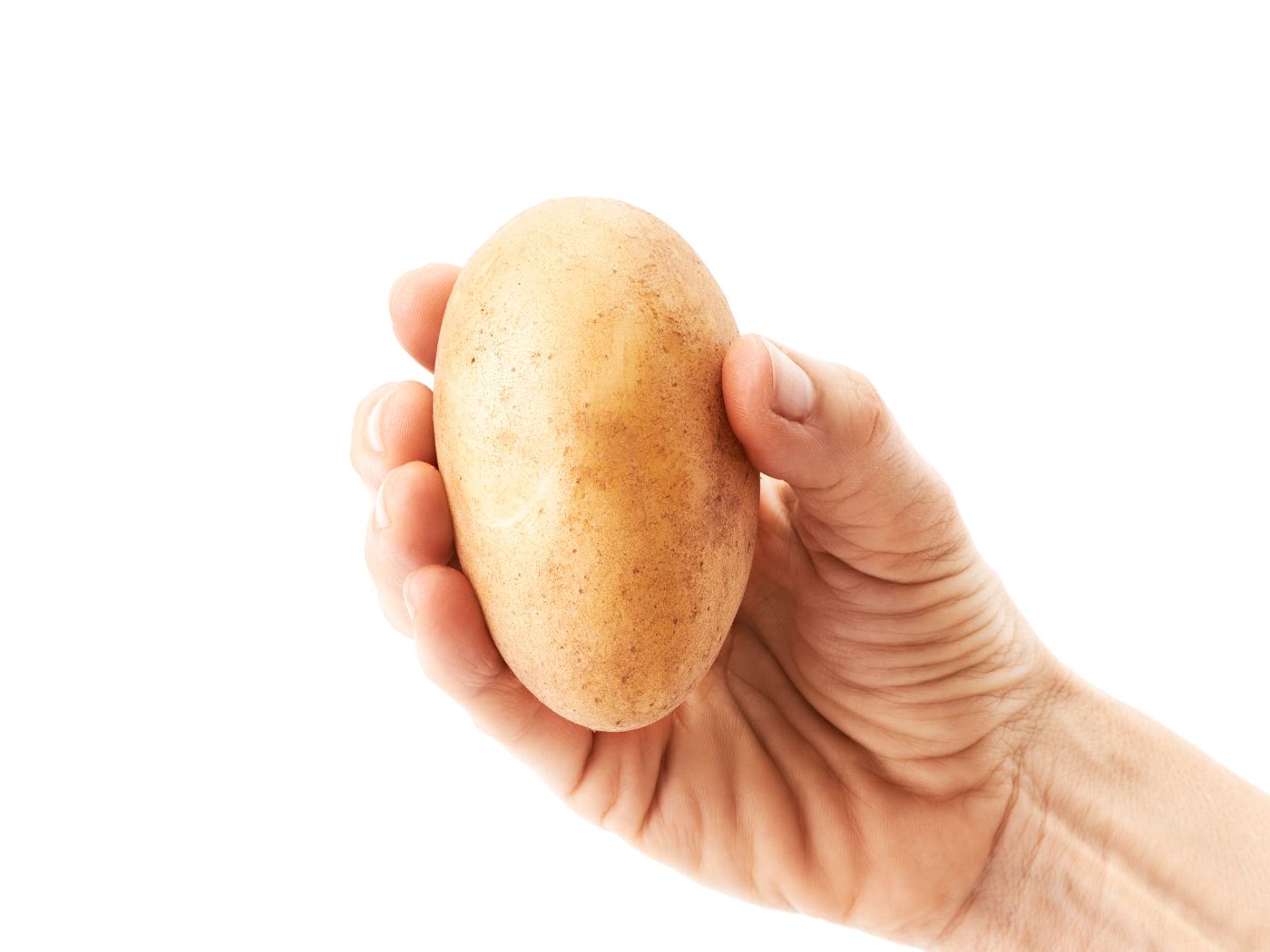Pregnancy is an emotionally, mentally and physically challenging time. While the happiness of birthing is unparalleled, the process can cause a lot of changes in your body. One of these changes is hormonal changes that not only affect your mood and body but also your skin. Women generally experience acne during pregnancy. However, pimples during pregnancy can be managed. Today, we will take a look at how to treat acne while pregnant and also the reason behind pimples on the face during pregnancy! So let’s begin, shall we?
-
What Are Pregnancy Pimples?
-
Causes Of Pimple During Pregnancy
-
How To Treat Acne While Pregnant?
-
Conclusion
-
FAQs On Pimples During Pregnancy
What Are Pregnancy Pimples?

During pregnancy, hormonal changes occur that can cause various skin changes, including acne or pimples. These hormonal changes can cause an increase in androgen hormones, which can stimulate the sebaceous glands in the skin to produce more oil. This excess oil can clog the pores, leading to the formation of pimples.
In addition to hormonal changes, several other factors can contribute to pregnancy pimples. These include stress, a poor diet, lack of sleep, and certain medications.
Pregnancy pimples can vary in severity and may range from small, red bumps to larger, cystic acne. They are most commonly found on the chin, jawline, and forehead, but can occur anywhere on the face or body.
It is important to note that not all women will experience pregnancy pimples, and those who do may not necessarily have severe acne. Additionally, pregnancy pimples usually go away after childbirth as hormone levels return to normal. However, some women may continue to experience acne after childbirth due to hormonal changes or other factors.
To manage pregnancy pimples, it is important to maintain a healthy skincare routine. This may include gentle cleansing with a mild cleanser, avoiding harsh or abrasive products, and using non-comedogenic moisturisers and makeup. It is also important to maintain a healthy diet, stay hydrated, and get plenty of rest.
Causes Of Pimple During Pregnancy

Pimples during pregnancy are a common occurrence and can be caused by a variety of factors. Here are some possible causes of pimples during pregnancy:
- Hormonal changes: Hormonal changes during pregnancy can cause an increase in androgen hormones, which stimulate the sebaceous glands in the skin to produce more oil. This excess oil can clog the pores and lead to the formation of pimples.
- Stress: Stress can also be a factor in the development of pimples during pregnancy. Pregnancy can be a stressful time for many women, and stress can lead to an increase in the production of cortisol, a hormone that can cause inflammation and contribute to the development of pimples.
- Poor diet: A poor diet, particularly one that is high in processed or sugary foods, can also contribute to the development of pimples during pregnancy. A diet that is high in sugar and refined carbohydrates can cause an increase in insulin levels, which can stimulate the sebaceous glands and lead to the formation of pimples.
- Lack of sleep: Lack of sleep can also contribute to the development of pimples during pregnancy. Sleep is important for the body to repair and regenerate, and lack of sleep can lead to an increase in stress hormones, which can contribute to the development of pimples.
- Certain medications: Certain medications, such as corticosteroids, can also contribute to the development of pimples during pregnancy. It is important to talk to your healthcare provider about any medications you are taking during pregnancy and how they may affect your skin.
Overall, pimples during pregnancy are usually caused by hormonal changes, but other factors such as stress, diet, and sleep can also play a role. It is important to maintain a healthy skincare routine and lifestyle during pregnancy to help manage the development of pimples.
How To Treat Acne While Pregnant?

Treating acne during pregnancy can be challenging because some acne treatments may not be safe for the developing foetus. Here are some safe and effective ways to manage acne during pregnancy:
- Use gentle skincare products: Look for gentle skincare products that are labelled as "non-comedogenic," which means they won't clog your pores. Avoid using products that contain harsh chemicals, fragrances, or exfoliating beads, as these can irritate your skin and make acne worse. Instead, use a mild, fragrance-free cleanser and moisturiser.
If you are looking for a gentle and natural moisturiser, take a look at Pure Sense Natural Papaya Day Cream, which is enriched with the natural goodness of Kakadu Plum and Moringa to gently nourish and protect your skin. Moreover, it also has SPF 20 and UV protection for all-around protection of your skin.
- Wash your face regularly: Wash your face twice a day with a gentle cleanser to remove excess oil, dirt, and bacteria from your skin. Use lukewarm water and gently pat your skin dry with a clean towel.
You can try Pure Sense Energise Grapefruit Revitalising Face Cleansing Gel if you are looking for a gentle and natural face wash for your skin. It will naturally and deeply clean your skin pores to reduce acne.
- Moisturise: Even if you have oily skin, it's important to use a moisturiser to keep your skin hydrated. Look for a non-comedogenic moisturiser that won't clog your pores.
- Don't pick or squeeze pimples: Picking or squeezing pimples can cause further inflammation and increase the risk of scarring. Instead, try using a spot treatment that contains benzoyl peroxide or salicylic acid to help reduce the size and redness of pimples.
- Avoid certain medications: Some acne medications, such as tetracycline and isotretinoin, are not safe for use during pregnancy. If you are using any prescription medications to treat acne, talk to your healthcare provider to see if they are safe to use during pregnancy.
- Consider topical treatments: Some topical treatments, such as benzoyl peroxide and azelaic acid, may be safe for use during pregnancy. These treatments work by killing bacteria and reducing inflammation in the skin. However, it's important to talk to your healthcare provider before using any topical treatments to make sure they are safe for you and your developing baby.
- Manage stress: Stress can trigger acne, so it's important to manage stress during pregnancy. Consider practising relaxation techniques such as deep breathing, meditation, or yoga. Getting regular exercise can also help reduce stress and improve your overall health.
If you are concerned about your acne during pregnancy or if it is severe, talk to your healthcare provider for advice on how to manage it safely during pregnancy. They may recommend certain treatments or refer you to a dermatologist for further evaluation and treatment.
Conclusion
We hope now you know everything there is to know about pimples during pregnancy and how to treat acne while pregnant! Remember, if the problem persists or causes pain or irritability, you should consult your dermatologist for better guidance.
FAQs On Pimples During Pregnancy
-
Are pimples a sign of pregnancy?
Pimples alone are not a reliable sign of pregnancy, as they can occur for a variety of reasons. However, some women may experience an increase in acne during pregnancy due to hormonal changes. The surge in hormones during pregnancy can cause the sebaceous glands in the skin to produce more oil, which can lead to clogged pores and acne breakouts. Additionally, stress and changes in diet and sleep patterns during pregnancy can also contribute to acne. So while pimples are not a definitive sign of pregnancy, some women may notice changes in their skin during pregnancy, including acne.
-
How long does pregnancy acne last?
Pregnancy acne can last throughout pregnancy or it may resolve on its own after the first trimester. Every woman's experience with pregnancy acne is different, and some may experience more severe acne that lasts longer than others. In general, pregnancy acne tends to be most common during the first trimester when hormone levels are rapidly changing.
After the first trimester, hormone levels tend to stabilise, which can lead to a reduction in acne. However, some women may continue to experience acne throughout their pregnancy, particularly if they have a history of acne before pregnancy or if they are under a lot of stress. After giving birth, many women find that their skin clears up and any pregnancy-related acne resolves on its own.
-
How to treat pimples during pregnancy?
Treating pimples during pregnancy can be a challenge since many acne treatments are not safe for pregnant women. However, there are some safe and effective ways to manage and treat pimples while pregnant. Firstly, it is important to cleanse your face twice a day with a gentle, fragrance-free cleanser. You should also use non-comedogenic, oil-free, and fragrance-free moisturisers and cosmetics to avoid clogging your pores. Avoid picking or squeezing pimples as this can lead to scarring. Instead, use spot treatments containing benzoyl peroxide or salicylic acid to reduce the size and redness of pimples.






